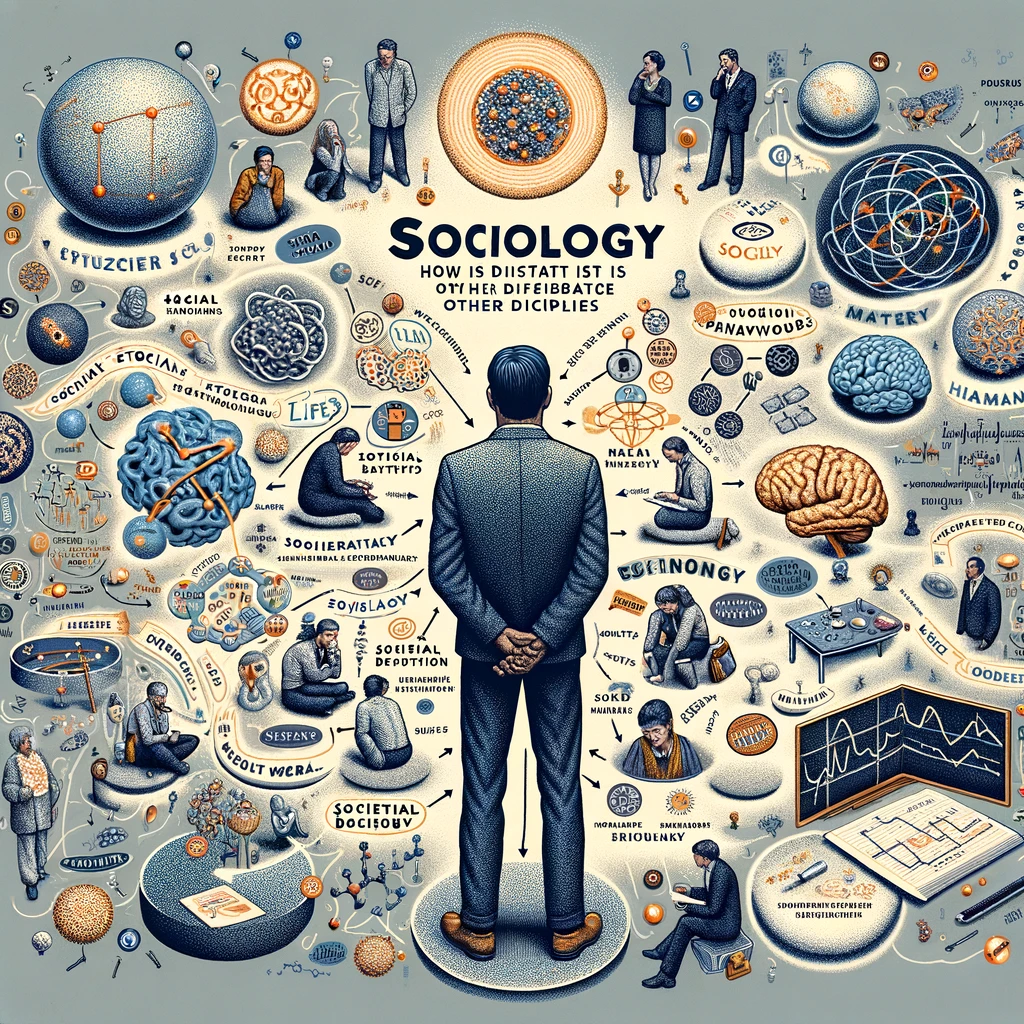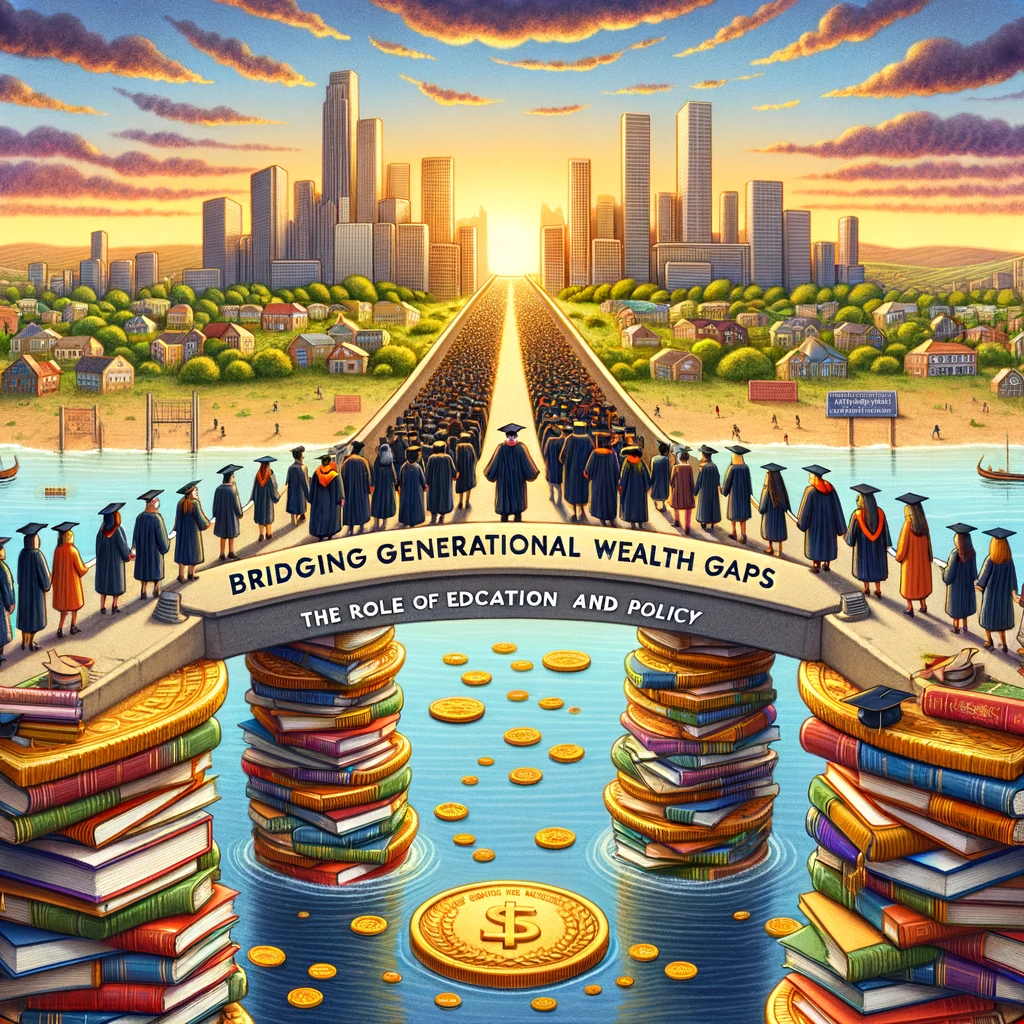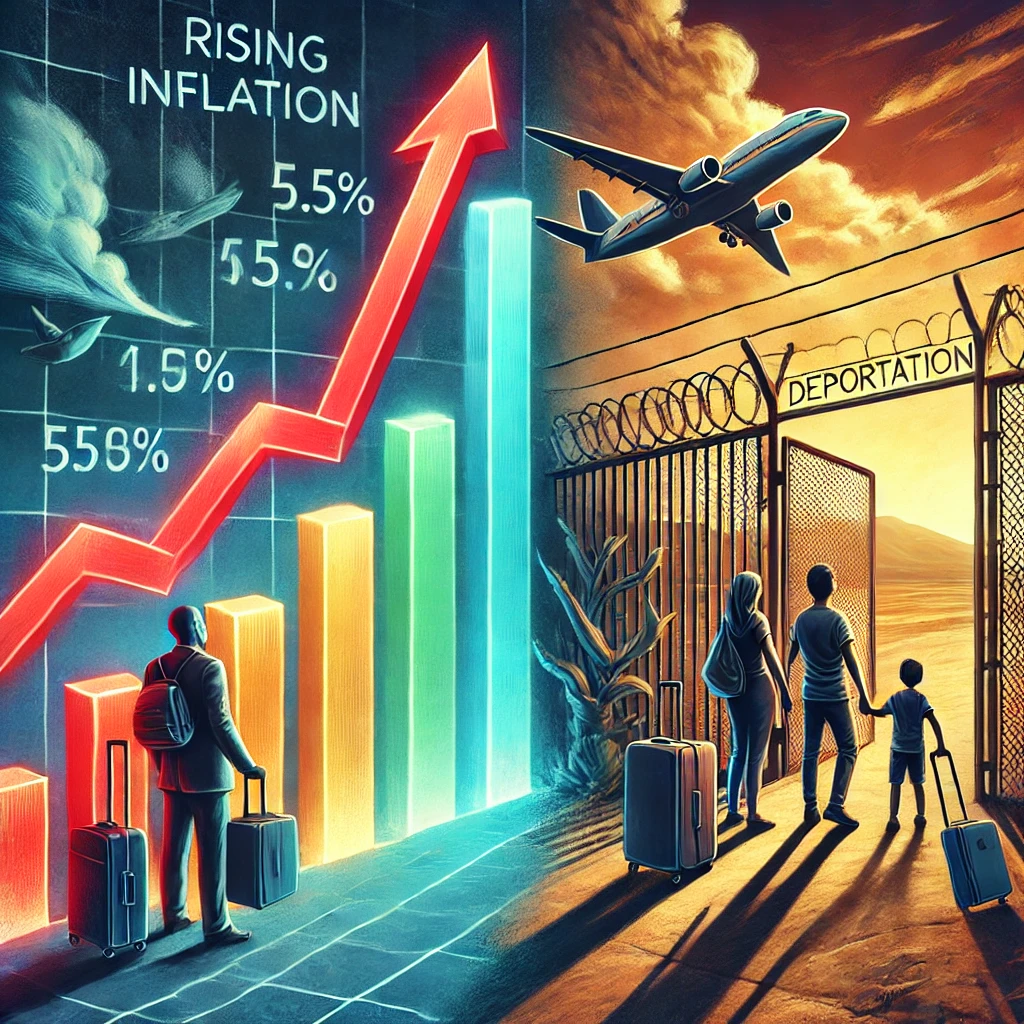Understanding the socio-economic outcomes of individuals who begin life with minimal inherited wealth is crucial for comprehending societal structures. Analyzing these dynamics offers insights into how childhood conditions influence adult success and the potential for positive and negative results. Kristina and Heather (2021) highlight a significant aspect of this issue, noting that “disparities in wealth increase gaps in college attendance and completion” (p. 1), underlining the crucial role of education in socioeconomic mobility.
The economic repercussions of forgoing higher education, particularly in in-demand fields, can be profound. Reduced income potential impacts an individual’s health and can lead to a cycle of work absenteeism and escalating debt. Drawing from my perspective as an aspiring college graduate, I recognize that financial constraints are a primary factor driving the decision to leave college prematurely.
Levine & Ritter (2022) point out that students and families with fewer financial resources struggle to contribute to college expenses, underscoring the need for initiatives to alleviate these burdens and enhance children’s lives through better access to education.
How Sociology is Distinct From Other Disciplines

The intersection of different academic disciplines provides a fascinating lens through which to view social stratification in the contemporary world. Here, we explore a few distinctions:
- Methodological Differences: Sociology and anthropology predominantly utilize qualitative methods such as ethnography and participant observation to delve into social phenomena, though they do not shy away from quantitative analysis. In contrast, psychology leans heavily on quantitative techniques, including experiments and surveys, to explore mental processes and behaviors.
- Scale and Scope: Sociology examines social systems and structures, anthropology offers a holistic view of human experiences across contexts, and psychology focuses on individuals’ and groups’ behaviors and mental processes.
- Interdisciplinary Nature: These disciplines often intersect; for instance, social psychology bridges sociology and psychology by investigating how social environments influence individual behavior. Similarly, cultural anthropology and sociology share an interest in the effects of culture on societal dynamics.
Individual and Societal Perspectives

Sociology provides a unique vantage point, considering an individual’s self-perception within societal hierarchies. Opportunities, or the lack thereof, significantly influence one’s outlook on the future. Events outside an individual’s control, like the COVID-19 pandemic, can profoundly impact family resources, illustrating the vulnerability of families to external shocks (Horowitz, Brown, & Minkin, 2021).
At the societal level, wealth inequality is a pressing concern. Gibson-Davis & Hill (2021) observe that wealth concentration among the top decile exacerbates disparities, diminishing opportunities for the vast majority. This stratification can leave children feeling marginalized within their peer groups, compounding the challenges of socioeconomic inequality.
Cultural Impacts and Solutions

The cultural ramifications of wealth inequality extend to disparities in education, health, and overall well-being. Children from lower-income families often struggle to access quality resources, setting them on a path of long-term disadvantage. The Opportunity Atlas provides a groundbreaking perspective by showing the future earnings of children based on their neighborhoods rather than the current income of those areas’ residents.
Here is a photo showing the Atlas; check it out when you get the chance:

What I like about this map is that it gives a visual representation showing how where you live can determine your outcomes as an adult.
This article underscores the intricate relationship between wealth inequality and children’s opportunities, advocating for policy interventions to mitigate these disparities. Through comprehensive analysis and objective metrics, we can better understand the impact of wealth distribution on societal structures and strive for more equitable policies.
The Robert Wood Johnson Foundation offers a compelling example of how equitable wealth distribution can significantly improve education, health, and social mobility among historically disadvantaged groups (Braveman et al., 2018).
My Proposals to Alleviate Poverty:
- Ensuring a more equitable distribution of wealth can address the root causes of poverty.
- By prioritizing citizens in policy-making and reducing wasteful expenditure, we can generate additional resources to uplift those in need.
- A comprehensive reparations plan builds up the economic mobility of families who struggle with poverty and a specific plan for the descendants of U.S. chattel slavery.
I invite readers to share their thoughts and solutions to combat child poverty, fostering a rich discussion on this pressing issue.
Reference
Braveman, P., Acker, J., Arkin, E., Proctor, D., Gillman, A., McGeary, K. A., & Mallya, G. (2018, September 1). Health and Wealth: Wealth Matters for Health Equity. Robert Wood Johnson Foundation.
Gibson-Davis, C., & Hill, H. D. (2021). Childhood Wealth Inequality in the United States: Implications for Social Stratification and Well-Being. RSF: The Russell Sage Foundation Journal of the Social Sciences, 7(3), 1-26. https://doi.org/10.7758/RSF.2021.7.3.01Links to an external site.
Godfrey, N. G. F. L. (2023, June 16). Are you rich? U.S. wealth percentiles might provide answers. Kiplinger.com.
https://www.kiplinger.com/personal-finance/605075/are-you-richLinks to an external site.
Horowitz, J. M., Brown, A., & Minkin, R. (2021, March 5). A year into the pandemic, long-term financial impact weighs heavily on many Americans. Pew Research Center. https://www.pewresearch.org/social-trendsLinks to an external site.
Levine, P., & Ritter, D. (2022). The racial wealth gap, financial aid, and college access. Brookings Institution.
https://www.brookings.eduLinks to an external site.
The Opportunity Atlas. (n.d.).





Leave a Reply